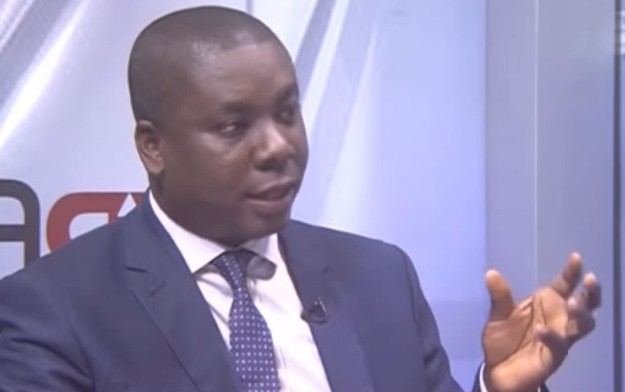adverts
The Member of Parliament for Tano North, Dr. Gideon Boako, has voiced apprehensions about the possibility of new taxes being introduced by the Mahama-led government as a means of addressing revenue shortfalls from the planned abolition of the e-levy and betting tax.
Dr. Boako’s remarks were in response to recent statements made by Finance Minister-Designate Dr. Cassiel Ato Forson, who announced the administration’s intention to abolish the e-levy and betting tax in its first budget.
Dr. Forson assured that the revenue gap would be addressed through expenditure cuts, without introducing alternative taxes.
adverts
However, Dr. Boako, in an interview with Citi News, expressed scepticism about the feasibility of balancing the revenue shortfall with expenditure cuts alone, particularly within the constraints of Ghana’s fiscal policies under the International Monetary Fund (IMF) program.
“We don’t want a situation where you give with your left hand and take with your right hand,” he said, emphasising the need for transparency. “If they indeed want to scrap the e-levy, betting tax, COVID-19 levy, and emission taxes, they need to explicitly explain how they will maintain fiscal stability without resorting to new taxes.”
Dr. Boako highlighted the challenges posed by Ghana’s debt sustainability analysis, which mandates a strict debt service-to-revenue ratio as agreed with the IMF.
He warned that failure to account for the revenue shortfall could lead to financial instability or the need for alternative taxation measures introduced covertly.
“The only way to make up for the shortfall without disrupting debt service obligations is to introduce another tax, albeit indirectly. This would be contrary to their promise of scrapping unpopular levies,” Dr. Boako cautioned.
He called on the Mahama-led government to clearly outline its fiscal strategy, ensuring that the proposed tax cuts align with the country’s financial commitments and do not lead to hidden burdens on citizens.
The proposed abolition of these taxes has sparked widespread public debate, with citizens and experts alike questioning the potential economic impact and the government’s ability to balance its budget without introducing additional levies.


